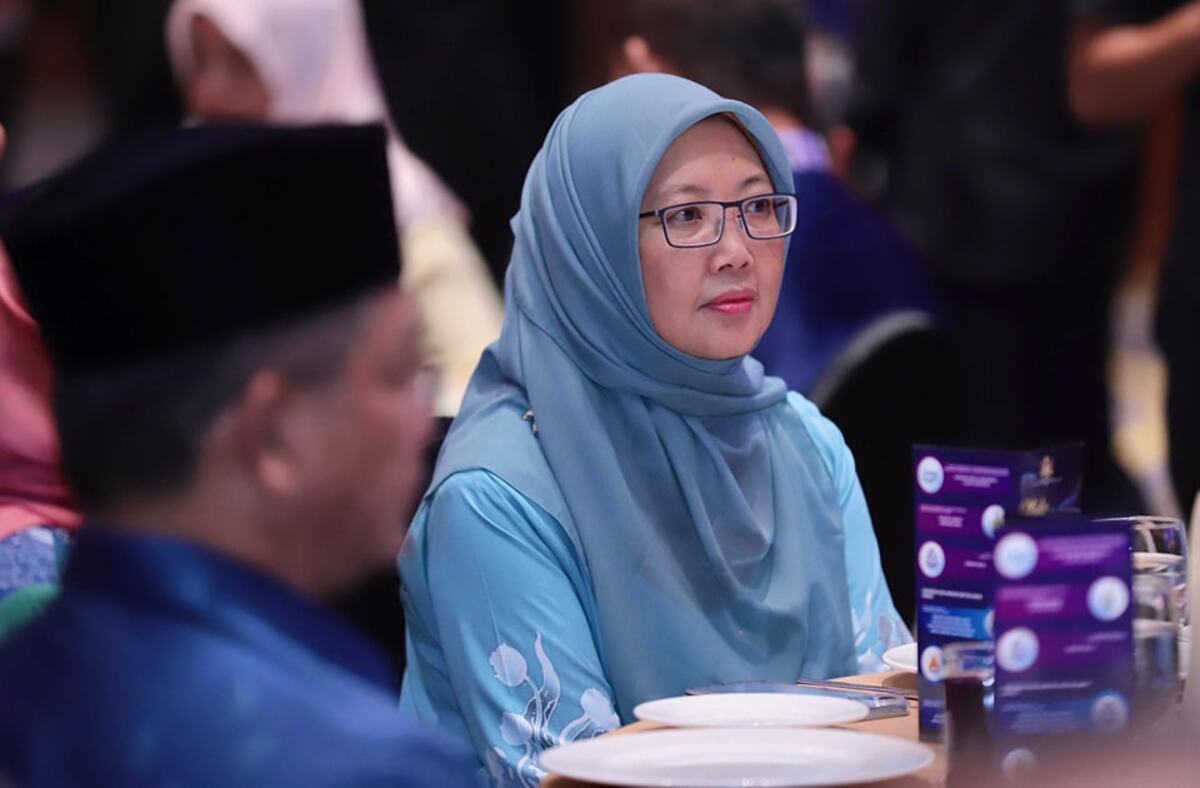KUALA LUMPUR, Nov 16 – The Malaysian Council for Tobacco Control (MCTC) has revealed that Dr Zaliha Mustafa is believed to be the first health minister to reject a decision by the Poisons Board since the establishment of the advisory board under the Poisons Act 1952.
It is unclear when the Poisons Board held its first meeting. The provision for the establishment of a Poisons Board to advise the minister (replacing the High Commissioner) was created under Section 2A in a pre-Merdeka 1956 amendment to the original Poisons Ordinance 1952, based on records found by a CodeBlue search of the Attorney-General’s Chambers (AGC) federal legislation portal.
The same 1956 amendment also changed Section 3 of the Poisons Ordinance 1952 to add the words “after consultation with the Poisons Board”, in reference to the minister’s powers to amend the Poisons List, shown in a cursive red scrawl on the original text of the 1952 ordinance in the Federation of Malaya under British colonial rule.
The affixing of the Ruler’s Seal on the assent to the Poisons (Amendment) Ordinance 1956 was witnessed by Sultan of Selangor T. Alam Shah, Sultan of Terengganu Ismail, and David Watherston, officer administering the government on August 14 and 15, 1956.
This nearly seven-decade-old clause created before Malaysia’s independence in 1957 — which remains the exact same text used in Section 6 of the current text of the Poisons Act on the minister’s powers to amend the Poisons List “after consultation with the Poisons Board” — is now the subject of a lawsuit by anti-tobacco groups against the health minister under Prime Minister Anwar Ibrahim’s administration over the declassification of liquid nicotine.
“I understand that since the establishment of the Poisons Board, all proposals and decisions of the board have been accepted by the health minister, except in this matter,” MCTC said, through its representative and secretary-general Muhammad Sha’ani Abdullah, in an affidavit filed last October 19 in the High Court here.
MCTC also maintained that Dr Zaliha acted “illegally, irrationally, with procedural impropriety” by removing liquid nicotine from the Poisons List last March 31 in her rejection of the Poisons Board’s objection against the declassification.
The anti-tobacco group argued that the Poisons Board, a statutory body, was not necessarily consulted, as the health minister was absent during a March 29 meeting this year when the board unanimously rejected the exemption of liquid and gel nicotine used in e-cigarettes and vaporisers from the Poisons List of scheduled poisons.
Furthermore, there were no subsequent discussions between the health minister and the board to challenge the Poisons Board’s decision, MCTC claimed.
“Although the Poisons Board unanimously rejected the proposal, the first respondent (Dr Zaliha) did not provide any firm response, reason, or justification to address the board’s decision.
“Instead, the first respondent issued a decision to exempt liquid or gel containing nicotine from the Poisons Act 1952 (Act 366) just two days later, on March 31, 2023, through the contested order,” said Muhammad Sha’ani.
MCTC further argued that Section 6 of Act 366 refers to consultation that requires the consent of the Poisons Board and/ or unanimous agreement between the health minister and the Poisons Board. Section 6 empowers the health minister to amend the Poisons List “after consultation” with the Poisons Board.
“I have been advised by the petitioners’ lawyers, and I genuinely believe that if the consent or unanimous decision of the Poisons Board is not required, the health minister still needs to provide a strong response, reasons, or justification to address the board’s decision during the consultation process,” Muhammad Sha’ani said, on MCTC’s behalf.
MCTC concluded that in all circumstances, no “real, proper, meaningful, and/ or effective” consultation took place, as the Poisons Board, on March 29, unanimously opposed the health minister’s proposal to exempt liquid nicotine or gel from Act 366.
In an affidavit filed last October 5, Dr Zaliha asserted that she had ministerial authority to remove liquid nicotine from the Poisons List without approval from the Poisons Board.
The health minister said she had been advised by the senior federal counsel that based on Section 6 of Act 366, she was only mandated to get “consultation” from the Poisons Board about her decision for the exemption order and “without a requirement to obtain approval from the Poisons Board”.
Section 6 of the Poisons Act states that the minister may, “after consultation with the Poisons Board”, add to, remove from, or reinstate in the Poisons List any substance that the minister deems “fit and proper”.
The Poisons Board is an independent body established under the Poisons Act that serves to advise the health minister. It consists of the Health director-general, as well as representatives from the Ministry of Health’s (MOH) pharmaceutical services programme; the Departments of Chemistry, Agriculture, Veterinary Services; the Malaysian Medical Council (MMC); the Malaysian Medical Association; the Malaysian Pharmacists Society; and from Malaysian international, Chinese, Malay, and Indian chambers of commerce.
Next December 6, the High Court is set to hear the judicial review application by MCTC and two other civil society groups to nullify the exemption of liquid nicotine from the Poisons List.
The anti-tobacco groups argue that the declassification effectively legalised the sale of nicotine vape to everyone, including children, as there is currently no legislation regulating e-cigarettes.








